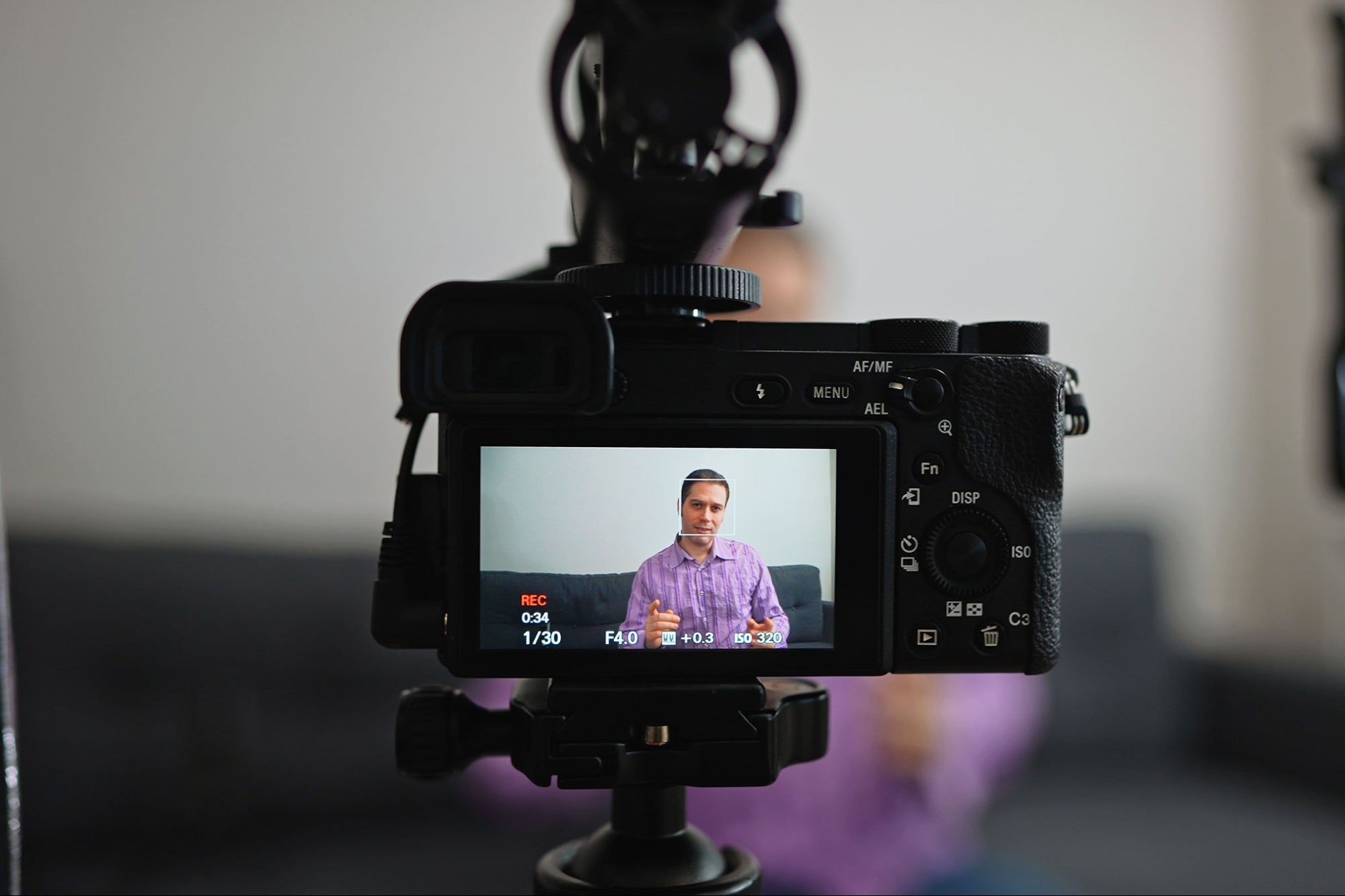From Z to Alpha — A Few Tips to Help You Understand the Next Generations of Consumers
Here are some need-to-knows about Generation Z and Generation Alpha.
By Zach Hirsch •
Opinions expressed by Entrepreneur contributors are their own.
How we experience things is constantly changing, and you need to adapt in order to build a future-proof business. If you want to look ahead, the best option is — and always will be — to look at the younger generation.
Generation Z (aged 10-25) and our younger siblings Gen Alpha (not all born yet) already make up one-third of the U.S. population. Some of us already know how to earn our own money, while many of us still rely on our parents — but all of us know how to spend it. Getting to know us is a smart move.
So, let's start with Gen Z, which is my generation. Here are some need-to-knows:
Related: Two Influential Gen Zers Explain How to Market to Young Consumers
Gen Z: A brief guide
Empowered with influence:
We're the first generation to be born fully post-internet. Ninety-five percent of us have smartphones as early as age 12, and we live out a big portion of our lives on social media. The platforms we like — Instagram, Snapchat, TikTok — are as much about creating as they are consuming.
As digital natives, our first instinct is not to just be observers, but to get involved with the brands we like. We know that the world runs on the internet now, so with any mobile device, you can get in the game. That means you shouldn't treat us as passive consumers. If you involve us and we rock with your product, we'll become advocates for your brand.
Cynical but understanding:
Most of our parents are Gen X-ers. We are masters of BS detection in the digital realm because it's our home turf. So, anything that comes across as fake or inauthentic will get tuned out.
We're not nearly as sensitive or impractical as you may think we are. We understand that all people and all brands make mistakes. We care about what you do as a business, and if you do make a mistake, we just expect you to own it. If you're authentic and transparent, we'll know it and respond. Our dollars are votes, and when we buy your product, we see it as a reflection of our values.
Independent but community-oriented:
Because our lives are digital, my generation is also the most socially isolated. All of us who had to stay home from school during the pandemic obviously had it tough. We've learned how to make it alone, but we also crave community and the experiences we missed out on.
This is a double-edged sword for potential employers. On the one hand, the workplace is a community and can be a draw. On the other hand, my generation is mastering the art of the gig and the side hustle. It's much easier to own your own business in the creator economy.
That means work-life balance is non-negotiable, hybrid work should be the norm, and workplaces need to be somewhere we want to hang out. Perks like free meals are a plus, but also the chance to develop and grow longer-term (in a way that we couldn't do by ourselves online) could well be a clincher. My Gen Z friends fit into two categories — those who jump from job to job and those who are looking for ultimate opportunities. Nobody's just settling.
Forward-thinking but nostalgic:
If you noticed the #y2k hashtag popping up and wondered why, it's because we Zoomers aren't all about the future. Maybe this is because of an idealized view of the good old days, but the early 2000s are — for whatever reason — a time period that fascinates us.
Businesses have been able to lean into this nostalgia by bringing back retro styles and products, such as camcorders and flip phones. I have to admit, I recently realized wired headphones are better than AirPods. Not everything newer is better. You may also have heard about how the demand for Ugg boots increased by 525% when a TikToker posted a video of a pair she had modified.
That's decentralized R&D, courtesy of Gen Z. Get with it, and keep your eyes out for how people are using your product.
Not digital but phygital:
Just as we are not all about the future, we're also not just about online. Unlike millennials, who are less about "stuff" and more about experiences, we are into tangible objects. In a world where digital is often the same as free, non-digital has a more valuable, exclusive vibe. It's also easier to stand out when you have something that can't be copied at the click of a button.
When it comes to making everyday purchases, we buy online, but we will go to physical stores for significant and luxury purchases. If you're going to be making a significant investment, it makes sense to check it out in person. So, brick-and-mortar isn't dead — at least on our watch. You can ask any luxury watch dealer, but most of them are sold out.
Related: 3 Marketing Lessons I Learned From My Digitally Native Kids
Gen Alpha: What do we know?
People are curious to know what changes the next generation will make to the game, myself included. I think it's a little early to judge, as most of Generation Alpha are just kids still, and their priorities will most likely change as they grow up.
That said, there are a few things that we can go on:
Their parents are millennials: Unlike older generations, millennials probably won't need to rely as much on their kids to guide them digitally and are already savvy enough to control what they can do or are exposed to. We may see millennial habits and preferences being passed down, and some of the above trends reverse. So, don't throw out your old market research — it may be valuable again a few years from now.
They will build the future: I mean this literally. Gen Alpha, like my partner Danny's son, Tyler, has already built many virtual worlds in Minecraft and has spent a whole lot of Robux. Gen Alpha is going to come of age when technology like AR, VR and blockchain take world-building out of the gaming realm and into the mainstream economy. Danny and I are working on helping businesses prepare for this future. And its future builders will be skewed toward Gen Alpha.
They like the outdoors: Just like with shopping, it's not all going one way. Gen Alpha is, of course, clocking in serious screen time (around 4hrs 44m a day). But just like all kids before them, they like to play outside as well. So, while they're experiencing things previous generations never thought of, some things never changed at all.
Did all that leave you a little confused? I'll break it down for you. Gen Z and Gen Alpha were forced to become more independent by circumstances beyond their control and are deeply immersed in their games and entertainment. We embrace change and expect updates from our products and services.
Embrace the change, welcome the future, and be ready for what comes next. Generation Beta is just around the corner.
Related: 4 Unconventional Ways to Better Market to Generation Z










